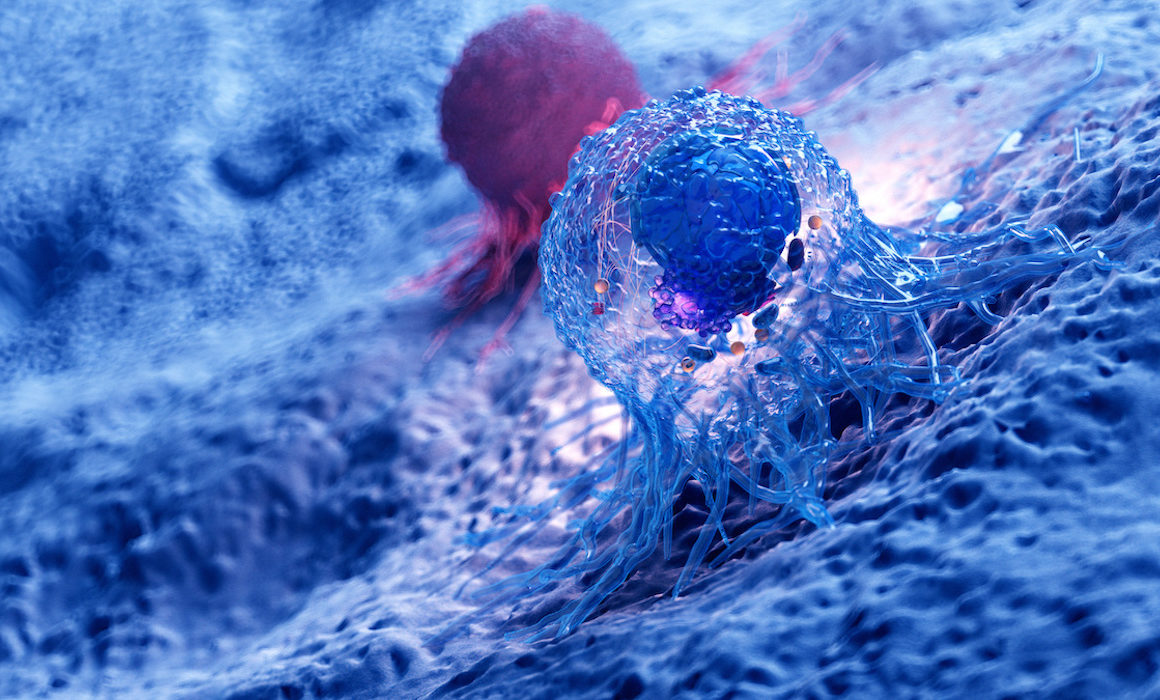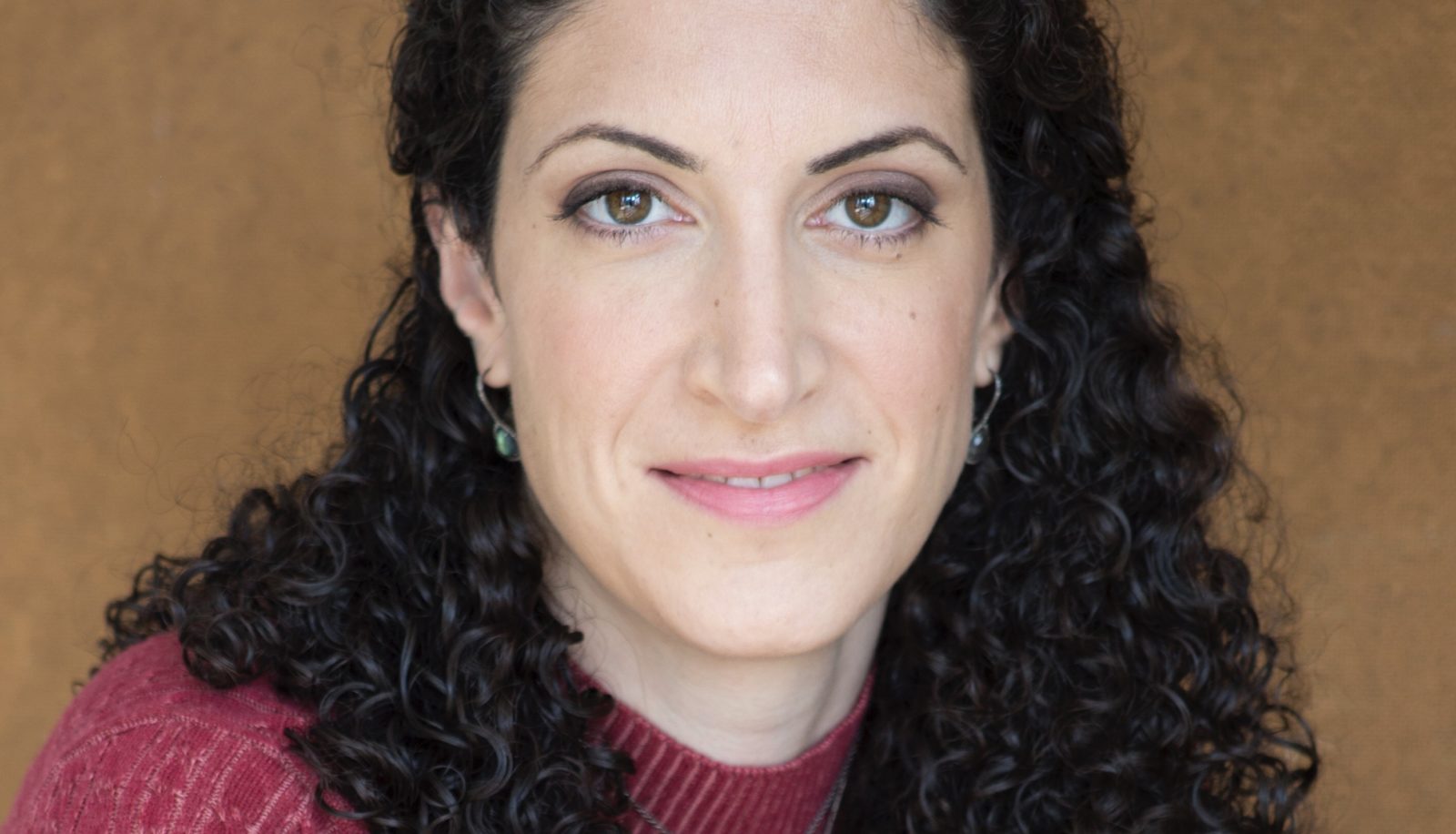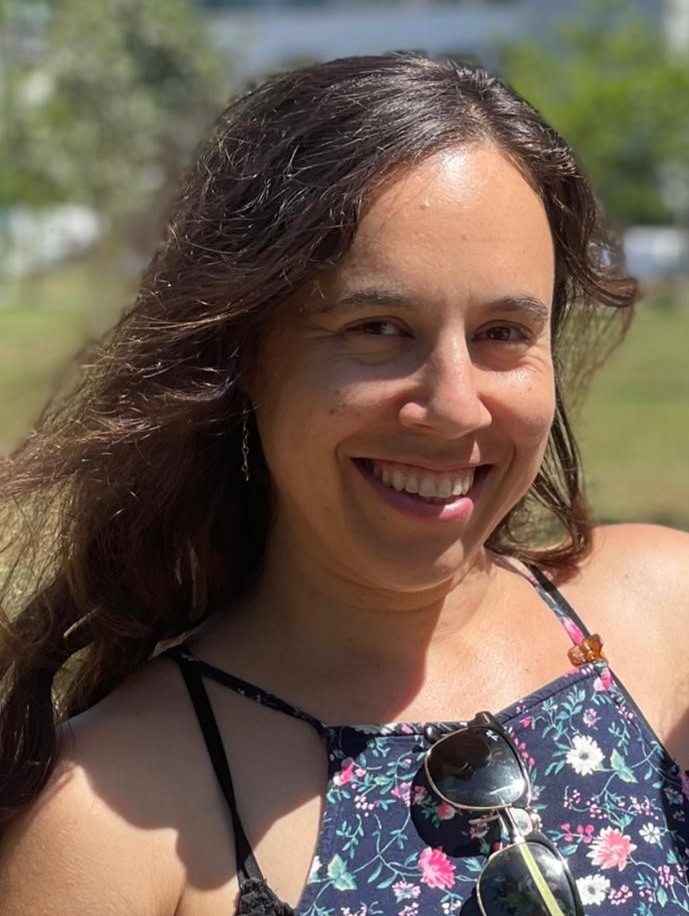Immunotherapy is an evolving novel treatment that triggers the body’s own immune system to fight cancer cells. But it doesn’t work for everyone or on every type of cancer. And determining whether it will work for a particular patient takes up precious time. But there is hope on the horizon: Technion researchers are using artificial intelligence (AI) to speed up the process of making that determination, saving time in ascertaining the patient’s proper treatment plan. The study was conducted by Professor Keren Yizhak of the Ruth and Bruce Rappaport Faculty of Medicine at the Technion.
Immunotherapy helps the immune system to recognize and to combat malignant cells and tumor cells in the body. Tumors garner mutated cells, and the quantity of mutated cells someone has can help determine the efficacy of immunotherapy. Currently, the way to measure the amount of mutated cells that a tumor has amassed is by taking cells from the tumor out and comparing their DNA to the patient’s healthy cells. Now, Prof. Yizhak’s study has found a way to compare RNA molecules instead of DNA molecules to assess whether immunotherapy would be a beneficial treatment option.
RNA molecules are particularly important because they can be used to pinpoint cancer-specific mutations in cells. The RNA contains a small part of the genetic code, and by isolating the RNA it diminishes the need to compare it to DNA – meaning a smaller amount of genetic material needs to be collected, and fewer procedures a patient must endure.
The researchers created an algorithm trained to recognize abnormalities from healthy genomes so that the cancer cells can be identified. With these findings, the group was able to compute an RNA-based metric, which proved to be more successful in analyzing whether immunotherapy would be a potential fit. The metric’s success can be attributed to RNA containing the parts of the genome that are perpetually in use, and that can initiate an immune response. This is in contrast with mutations in parts that are not in use, which are less likely to affect the cell’s function.
Through the AI technology, the group can assess the treatment options more quickly and in a more cost-effective manner. The algorithm was developed using a large database of existing sequenced RNA from cancer patients so that it could be trained to detect the specific aberrations. Other collaborators on the study were Dr. Rotem Katzir and undergraduate student Noam Rudberg from the Henry and Marilyn Taub Faculty of Computer Science.


